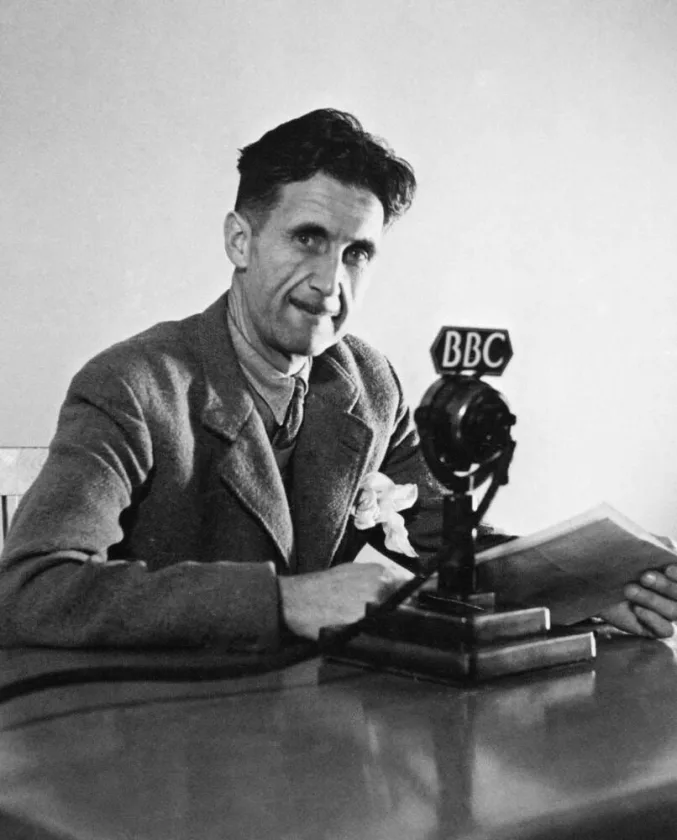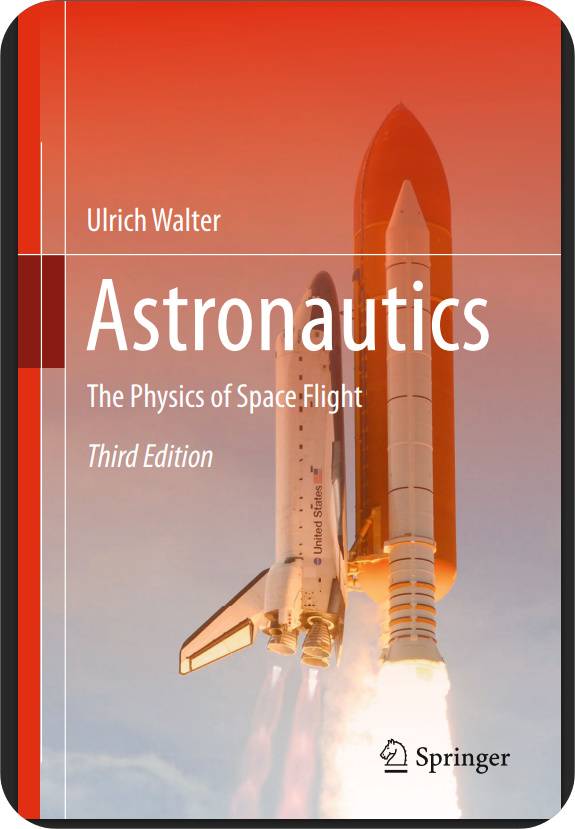
I eventually decided to read this book that I’d been avoiding for quite some time, and believe me, it turned out to be really enjoyable. The book was first published in 1945 in England.
George Orwell, under the real name Eric Blair, faced publisher reluctance to release “Animal Farm” due to its daring satire of the Russian Revolution and the rise of communism. While not explicitly mentioned, political connections are evident as we read the book.
Orwell’s animal allegory really got me thinking about how the world operates. It’s like the smart ones are always scheming to take control, while the less informed end up being the ones getting the short end of the stick.
The Plot: Spoiler Alert!
The story unfolds with a pig, the Old Commander (symbolizing Karl Marx), inspiring the animals to overthrow Farmer Jones (representing the Tsar) and establish Animalism (Communism) after Battle of the Cowshed (Bolshevik Revolution).
The animals, under the leadership of a boar, Snowball, successfully repel the humans, marking a significant event in the story’s allegory of the Russian Revolution.
Orwell cleverly illustrates the shift in power as the animals now control the renamed “Animal Farm,” mirroring the historical transformation of Russia into the Soviet Union.
Leading the rebellion are the pigs Napoleon (representing Stalin) and Snowball (symbolizing Trotsky). They ruthlessly subjugate the lower animals, imposing strict control with relentless work, food rationing, and subjecting them to grueling and extreme tasks. The once-shared vision of equality crumbles under the oppressive rule of these pig leaders.
The divergence between Napoleon and Snowball becomes pronounced, akin to the historical split between Trotsky and Stalin. A power struggle within the Soviet Union after Lenin’s death in 1924. While Trotsky, an early leader of the Bolsheviks, advocated for a global socialist revolution, Stalin focused on consolidating power and implementing socialism in one country.
In the book, disagreements arise between Snowball and Napoleon. Snowball advocates for a windmill to automate farm tasks and generate electricity at night. Napoleon opposes the idea, ultimately driving Snowball away with his dogs and declaring himself the leader.
He “exploits” uneducated animals, making them work more for less food. Despite starvation, Napoleon convinces them they’re better off and not enslaved like other animals.
Stalin eventually gained the upper hand, leading to Trotsky’s exile and later assassination in 1940. Reading about Trotsky’s fate post-Stalin’s persecution sheds light on a parallel in the Farm Rebellion.
Yet, Orwell chose not to include a Lenin figure in the novel, despite Lenin’s pivotal role in the Bolshevik revolution.
After their victorious uprising, the animals joyfully govern the farm. The anthem “Beasts of England” (paralleling The Internationale) echoes daily, accompanied by the seven animal commandments, the rallying cry “Four legs yes, two legs no!” and a green flag bearing a painted hoof and horn (reminiscent of the hammer and sickle).
Animal Farm concludes with shattered hopes and irreversible desperation, as the revolutionary leaders transform into profit-driven megalomaniacs, losing their initial ideological fervor.
The pigs, protected by fierce dogs trained by Napoleon, turn the lives of the other animals into a genuine hell. The initial euphoria gives way to a nightmarish reality under the oppressive rule of the pigs.
The once-idealistic leaders become “too practical,” echoing popular culture terminology. The final scene vividly illustrates this profound shift, highlighting the stark contrast between their compromised leadership and the origins of the Rebellion.

Takeaway
The book serves as a reflection of human society, revealing the corrupting influence of power on even the most well-intentioned individuals. The initial revolutionary ideals are overshadowed as people exploit each other for personal gain and comfort.
In a nutshell, Animal Farm stands as a timeless classic. Orwell cleverly reveals the intricacies of human nature through a seemingly ordinary group of farm animals. The elements – humorously and tragically – intertwined, come to light in his portrayal of the farm animals. In its brief pages, the novel elicits thoughtful reflection and contemplation. After all, Orwell’s talent for expressing profound insights with simplicity highlights the brilliance of great writers.
“Animal Farm” serves as a powerful commentary on political systems, the abuse of power, and the potential dangers of ideological movements. It is definitely a must read.




[…] About the Book: In this excellent novel, farm animals unseat their human master to form a new government in which “all animals are equal.” Of course, not everyone gets along and those who used to be beneath them try to step up and become tyrants in their own right. This is a simple-looking book that really represents a deep-moving look into how power and leadership can go awry. […]